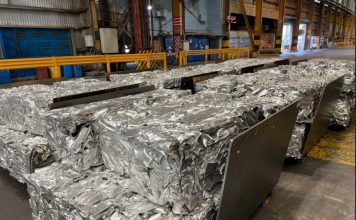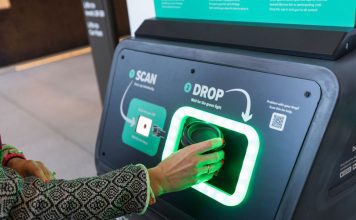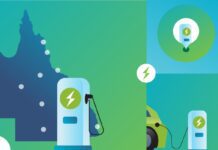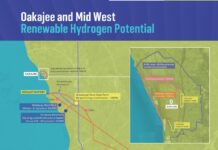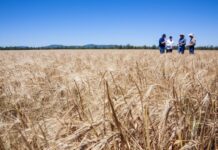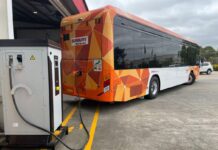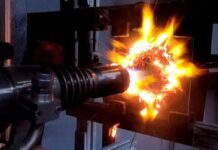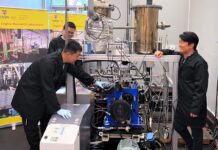More than 100 companies push for 1 million EVs by 2027
Over 100 companies and organisations have called for a push to get 1 million electric cars on Australian roads by 2027.
Regional Victoria receives boost for glass, organic waste recycling
The Victorian government has announced a $3 million investment to establish designated glass and organic waste drop-off points in Regional Victoria.
Singapore, Australia ink agreement to reduce economic carbon emissions
Representatives from Australia and Singapore signed the Singapore-Australia Green Economy Agreement (GEA) on Tuesday to drive economic growth and reduce carbon emissions.
New alliance helps small-to-medium businesses take climate action
Industry Capability Network has joined forces with climate-tech company ClimateClever to help thousands of SMEs access cost-effective ways to measure and reduce their emissions and help Australia respond to climate change.
WA streamlines Mid West Hydrogen Hub development with new funding
The Western Australian government has allocated $5.5 million in funding to accelerate the development of the Mid West Hydrogen Hub.
CH4 taps into Siemens’ tech to reduce livestock methane emissions
Climate technology company CH4 Global has ventured into a partnership with Siemens to support the use of Asparagopsis seaweed as cattle feed supplements to reduce enteric methane emissions.
CSIRO announces $90m investment to accelerate Australia’s low-emissions transition
CSIRO has launched a $90 million program that would help Australia’s regions accelerate their transition to a low-emissions economy.
Vic rolls out first electric buses in Sunbury
The Victorian government has deployed the first three electric buses in Sunbury as part of its Zero Emissions Bus (ZEB) Trial.
New Torch and Grit Test Method by UL Solutions offers a standardized approach to...
UL Solutions, a global leader in applied safety science, today announced its new test method for electric vehicle (EV) battery enclosure material screening, Torch and Grit (TaG).
New system retrofits diesel engines to run on 90 per cent hydrogen
Engineers from UNSW Sydney have successfully converted a diesel engine to run as a hydrogen-diesel hybrid engine – reducing CO2 emissions by more than 85 per cent in the process.


